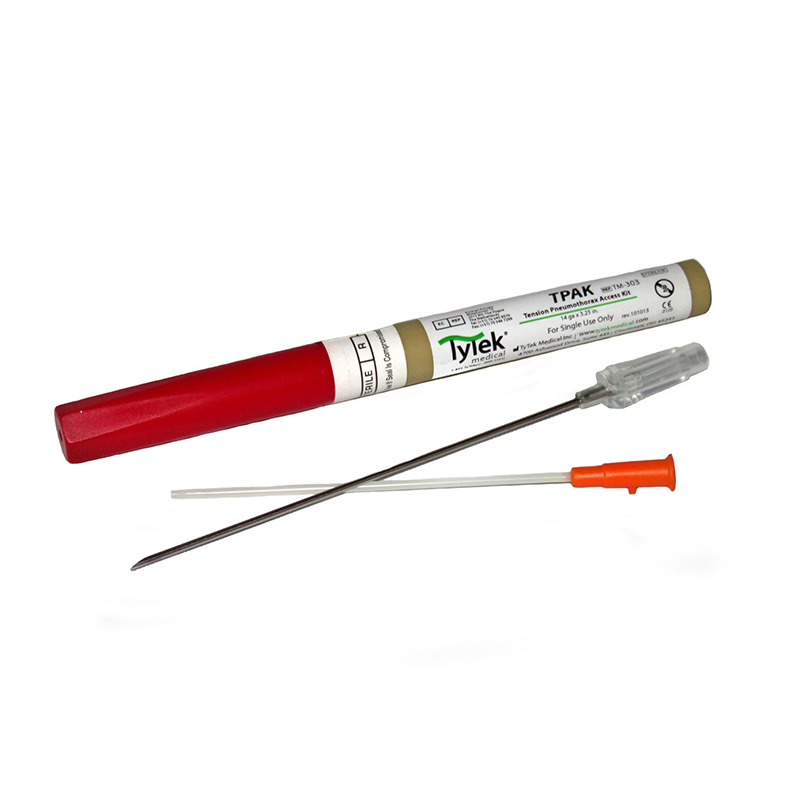Tooth Decay Genetics Uncovered
The origins of tooth decay have long been a topic of interest, with research indicating that a combination of genetic, environmental, and lifestyle factors contribute to its development. Recent studies have made significant strides in understanding the genetic components of tooth decay, shedding light on the complex interplay between genetic predisposition and external factors.
One of the pivotal discoveries in the field of dental genetics is the identification of specific genetic variants associated with an increased risk of tooth decay. These variants, often found in genes responsible for enamel formation, saliva composition, and immune response, can significantly impact an individual’s susceptibility to tooth decay. For instance, mutations in the ENAM gene, which codes for enamel proteins, have been linked to enamel defects and increased caries risk. Similarly, variations in the genes controlling saliva’s buffering capacity and flow rate can influence the mouth’s ability to neutralize acids and remineralize teeth, thereby affecting decay rates.
The interaction between genetics and environmental factors, such as diet and oral hygiene habits, plays a crucial role in the development of tooth decay. While genetic predisposition can increase susceptibility, it is the consumption of sugars and acids, coupled with inadequate dental care, that typically triggers the decay process. This complex interplay suggests that understanding an individual’s genetic profile could help tailor preventive measures and treatments to their specific needs, potentially leading to more effective caries management.
Genetic Factors Influencing Tooth Decay
Several genetic factors have been identified as influencing tooth decay, including:
- Enamel Formation Genes: Genes like ENAM, AMELX, and DLX3 are crucial for the proper formation of tooth enamel. Mutations in these genes can lead to enamel defects, making teeth more susceptible to decay.
- Saliva Composition Genes: Genes affecting the composition and flow rate of saliva, such as those involved in the production of mucins and other salivary proteins, can impact the mouth’s natural protective mechanisms against acid and bacteria.
- Immune Response Genes: Variants in genes related to the immune system can influence how effectively the body responds to bacterial challenges in the mouth, potentially impacting decay risk.
Environmental and Lifestyle Factors
Despite the significant role of genetics, environmental and lifestyle factors remain critical in the development of tooth decay. Key factors include:
- Diet: The frequent consumption of sugars and acids is a primary driver of tooth decay, as these substances feed bacteria and produce acid, leading to enamel demineralization.
- Oral Hygiene: Regular brushing and flossing are essential for removing plaque and bacteria from the teeth, thereby preventing the initiation and progression of decay.
- Fluoride Exposure: Access to fluoride, through toothpaste, community water fluoridation, or professional treatments, is crucial for strengthening tooth enamel and making teeth more resistant to decay.
Future Directions in Tooth Decay Genetics
The ongoing research into the genetics of tooth decay promises to revolutionize preventive and therapeutic approaches. By understanding an individual’s genetic predispositions, dentists may be able to offer personalized advice on diet, hygiene, and possibly genetic counseling for families with a history of severe tooth decay. Furthermore, genetic insights could lead to the development of novel treatments, such as gene therapies aimed at enhancing enamel strength or promoting healthy saliva composition.
Practical Applications of Genetic Knowledge
While the field is still evolving, there are practical steps that can be taken today to apply our growing understanding of tooth decay genetics:
- Genetic Testing: For individuals with a strong family history of tooth decay or enamel defects, genetic testing may provide insights into their personal risk factors.
- Personalized Dental Care: Dentists can use genetic information to tailor preventive measures, such as more frequent cleanings or specific dietary advice, to an individual’s genetic profile.
- Public Health Initiatives: Understanding the genetic factors at play can inform public health policies, such as community fluoride programs or educational campaigns about diet and hygiene, to better serve populations at higher genetic risk.
Conclusion
The genetics of tooth decay is a complex and multifaceted field, with research continually uncovering new insights into how genetic, environmental, and lifestyle factors interplay to influence an individual’s risk. As our understanding deepens, the potential for personalized preventive and therapeutic strategies grows, promising a future where tooth decay can be more effectively managed and perhaps even prevented through a combination of genetic knowledge, tailored advice, and community-based initiatives.
FAQ Section
What role do genetics play in tooth decay?
+Genetics can play a significant role in tooth decay by affecting factors such as enamel strength, saliva composition, and immune response. While genetics can increase susceptibility, environmental factors like diet and oral hygiene are also crucial in the development of tooth decay.
Can genetic testing predict tooth decay risk?
+Current genetic testing can identify certain genetic variants associated with an increased risk of tooth decay. However, it is essential to consider these results in the context of environmental and lifestyle factors, as genetics is only one part of the equation.
How can understanding tooth decay genetics improve dental care?
+Understanding tooth decay genetics can lead to more personalized dental care. By knowing an individual's genetic predispositions, dentists can provide tailored advice on diet, hygiene, and possibly recommend specific treatments aimed at mitigating genetic risks.
The journey into the genetics of tooth decay is a fascinating one, offering not only insights into the underlying causes of this common health issue but also promising avenues for future prevention and treatment strategies. As research continues to unravel the complexities of tooth decay genetics, the potential for improving oral health outcomes for individuals and communities worldwide becomes increasingly exciting.


